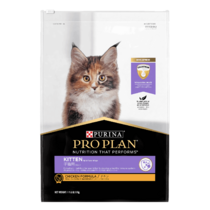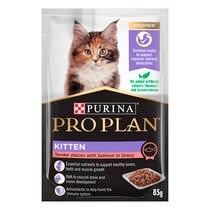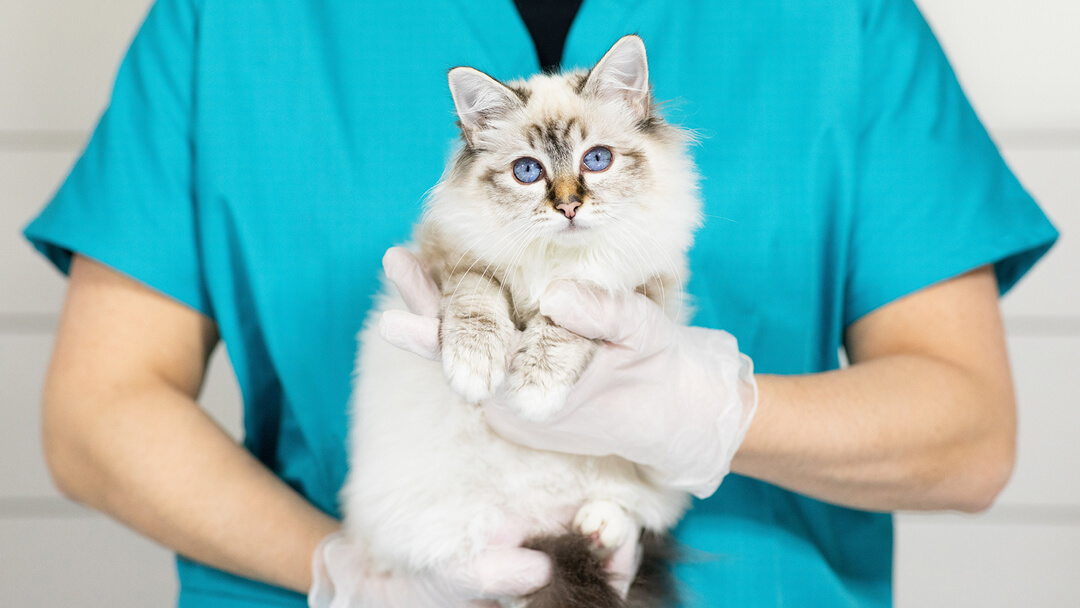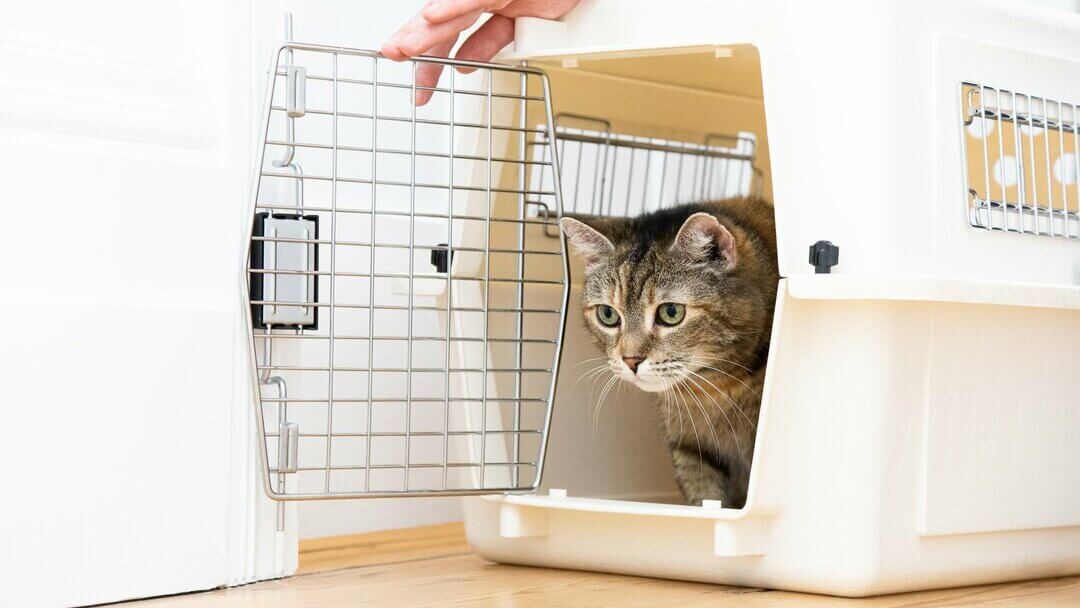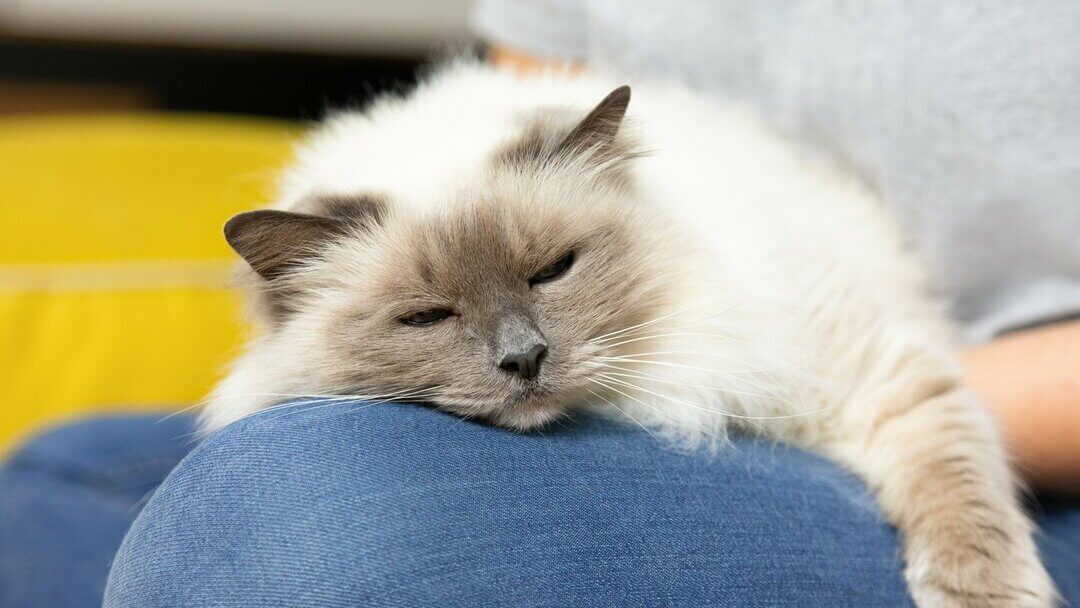

Do kittens teeth?
All kittens go through a teething process – it’s a natural part of growing up. But whilst some kittens deal with teething well, others may need a little reassurance from you. Whatever the case, rest assured that teething is completely normal. Keep reading to find out more about the process of kitten teething.
When do kittens start teething?
Just like humans, kittens do not have visible teeth when they are born. Your kitten’s 26 ‘baby teeth’ only start to appear at around three weeks of age. Once the baby teeth start to break through and pierce the gums you may start to see your kitten behaving differently – for example, they might begin to chew things. Don’t worry, this is completely normal.
By about six weeks of age most kittens will have grown all of their ‘milk teeth’ (or ‘baby teeth’). If your kitten hasn’t grown all of their teeth by this stage, don’t worry. Not all kittens’ teeth grow at the same rate. However, if there are a number of teeth missing once your kitten reaches nine or ten weeks, you may want to contact your vet to check everything is okay.
At around six months of age most cats should have lost their baby teeth to make way for their adult teeth. As the baby teeth are slowly replaced by 30 adult teeth, this is when the majority of kitten teething issues begin. The new teeth that are beginning to poke through will replace the baby teeth and will be the final set of teeth your cat will have, so it’s particularly important to take care of them. If you find your kitten’s baby teeth on the floor during this time, don't worry – kitten tooth loss a natural part of the growing-up process.
Kitten teething symptoms
When your kitten is teething, they may be experiencing some discomfort. The most obvious signs of dental discomfort are:
- Your cat has started to eat less. If they are chewing slower than usual, or more tentatively, it could be a sign their gums are hurting. It may be a good idea to pay a visit to your vet, just to be on the safe side, particularly if they also lose weight.
- Urgency to chew. Another sign that your kitten is teething is excessive chewing. If your cat or kitten is chewing everything in sight including its bed, your furniture and its toys it may be a sign that teething has begun.
- Inflamed or sore gums. As their adult teeth erupt, kittens may experience mild gingivitis, which can lead to inflamed gums and bad breath. If this is down to teeth erupting, it will usually resolve itself.
- Other signs of dental discomfort are drooling, bleeding gums, and pawing at the mouth. These can also be signs of other dental conditions, so see a vet for a check-up.
- Increased irritability. This is most likely due to sore gums and a sign that your kitten is teething.
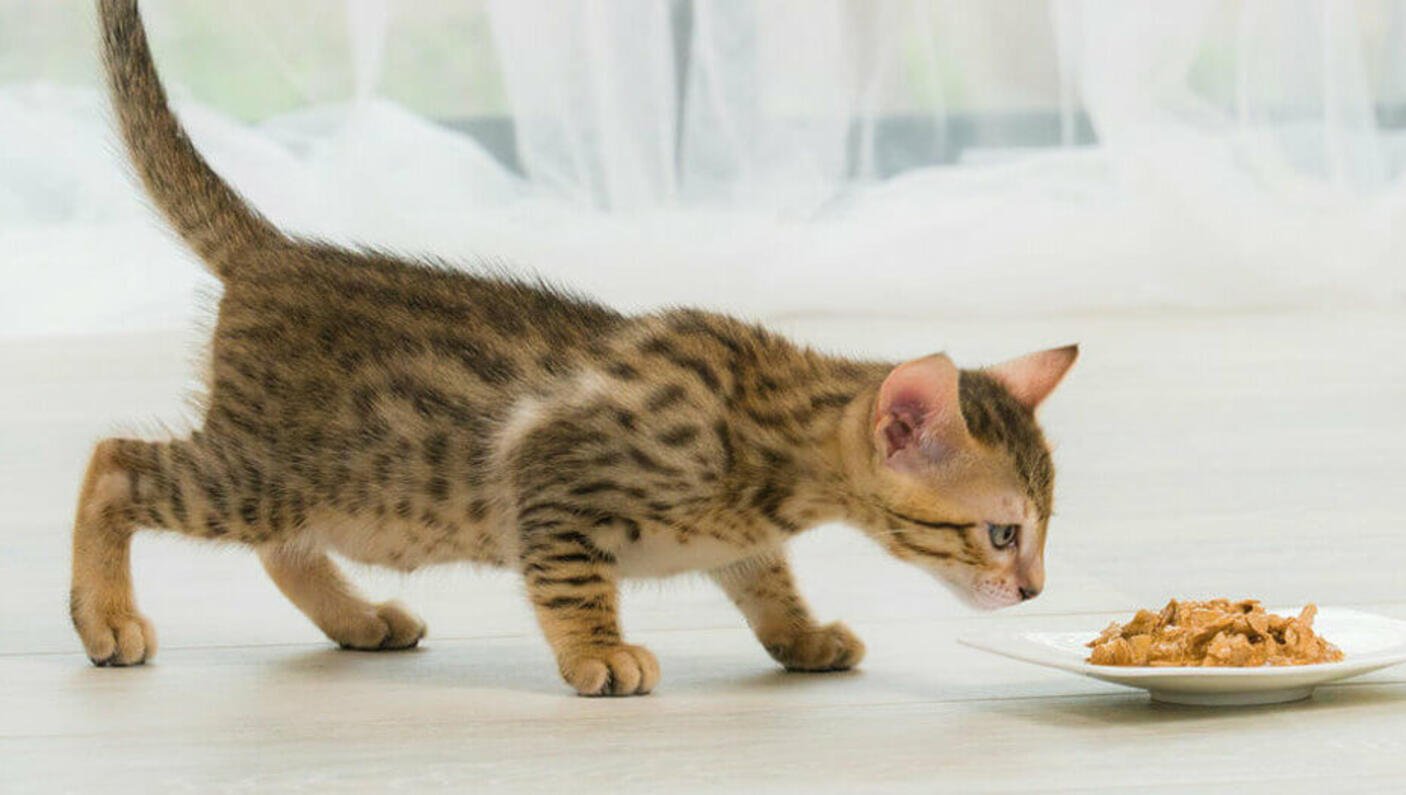
How to help a teething kitten
Although kitten teething is usually nothing to worry about, you can give your kitten extra support while teething by:
- Taking extra care when playing with your kitten – don’t pull toys that they have grabbed in the mouth.
- Avoid brushing your kitten’s teeth during this time – you don’t want your kitten to think tooth brushing is painful.
- Feeding wet food so they don't have to chew – or try softening kibble with some water.
- Removing anything that could be hazardous to your cat’s health. When kittens begin teething, they may try to chew anything and everything in your house. Electric cables may look particularly appealing to your teething kitten, so make sure you hide them. Toxic materials such as plants should also be removed, so if you have any flowers such as lilies or tulips on display it might be time to take them away. If your cat shows an interest in chewing furniture, try to keep them to another room, as chewing wood can cause splinters.
When your kitten is teething, it’s possible for their teeth to erupt too closely together, in the wrong positions, or to have too many or too few. Your vet will be able to tell you if this is the case.
Kitten teething remedies
Teething toys may help ease your kitten’s discomfort, particularly if they love to chew. These toys can be found at most pet shops and are usually made from rubber or soft plastic. These types of toys are ideal for your kitten to chew on as they don’t damage their teeth or break up.
If your kitten is in significant pain, remember that a visit to the vet is the best remedy.
Choosing the right food for teething kittens
As your kitten grows into an adult, it’s important that they get everything they need from their diet. A suitable kitten food supports their health and gives them all the nutrients they need for the development of healthy teeth. As well as being designed to meet the specific nutritional needs of kittens, Purina One Kitten helps support your kitten’s oral care with essential nutrients and a crunchy texture.


